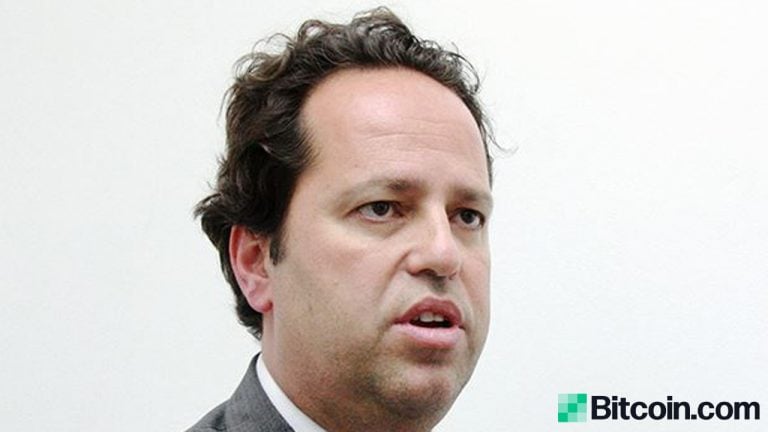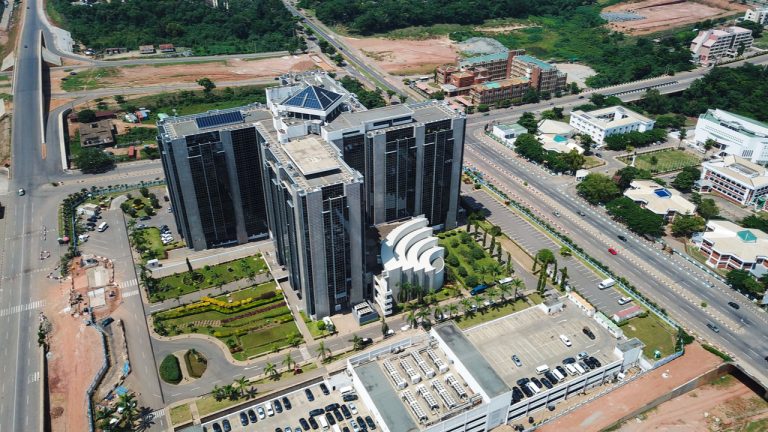
Nigeria Money Printing Controvesy: CBN Governor’s Remarks Attacked, Governmen...
The fallout sparked by reports that the Central Bank of Nigeria (CBN) printed over $150 million for states’ funding continued a few days after the allegations were initially made. In the latest twist, the opposition People’s Democratic Party (PDP) vice-chairman Dan Orbih said the CBN governor Godwin Emefiele’s response to the allegations is “politically motivated.” Money Printing Unsustainable In his riposte, Orbih is quoted by a local news site suggesting that “if drastic measures were not taken to address the situation” then the country might be....
Related News
The International Monetary Fund (IMF) resident representative for Nigeria, Ari Aisen recently discussed the Central Bank of Nigeria (CBN) directive that targets crypto entities. In remarks made during a special virtual press briefing, Aisen repeats some of the CBN’s claims that cryptocurrencies were being used “for illegal transactions such as money laundering and drug trafficking.” CBN Acting in the Interests of Financial Sector Stability According to a report, Aisen, who says that other central banks have taken similar action, believes that “some care should be....
Nigeria is likely to have its own central bank digital currency (CBDC) by the end of the year, an official with the Central Bank of Nigeria (CBN) has said. In his remarks following the bankers’ committee meeting, Rakiya Mohammed, who is the director of information technology at CBN, also revealed that this “digital currency would be accessible to all Nigerians.” Stakeholder Involvement However, according to a report which quotes the IT director, the CBN’s digital currency will be unlike privately issued cryptocurrencies such as bitcoin, which a Nigerian senator has....
Nigeria is set to become Africa’s FinTech hub after experiencing a boost in mobile money operations last year that has helped catapult the country to the forefront of media attention as it demonstrates its advancements in the sector. According to a report from Finextra, in 2011 mobile money operations in Nigeria grew from an average monthly transaction value of $5 million to $142.8 million in 2016. A key factor to this growth is down to the fact that Nigeria is experiencing a growing population. UN estimations predict that the population in Nigeria is expected to be greater than that in....
We all know that money printer go brrr. But how does the fiat money supply really get increased and what does this mean for our economy? The post How Money Printing Really Works appeared first on Bitcoin Magazine.
The bad news is how companies looking into this business model will need to convince the Central Bank of Nigeria about their intentions. Money transfer services are prone to disruption by new technologies. Many people feel Bitcoin, and other cryptocurrencies are a legitimate threat to remittance services. But in Nigeria, MoneyGram will continue its operations, as they are officially recognised as a trusted money transfer provider. This news comes on the heels of various remittance platform shaving their licenses revoked two weeks ago. It will not be easy to venture into the money transfer....





